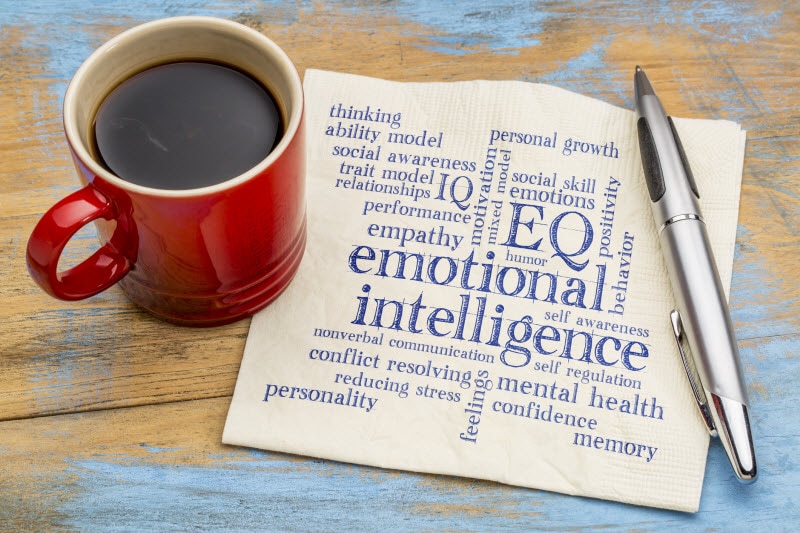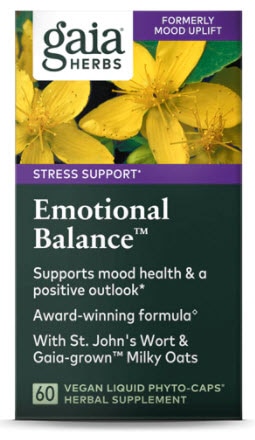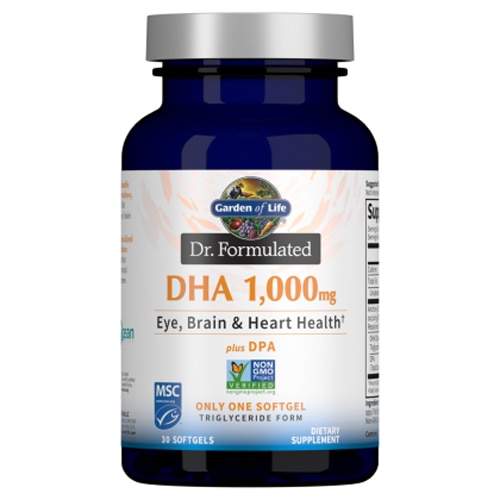The first time I heard “emotional intelligence” referred to as a named capacity was in HGTV cofounder Susan Packard's
New Rules of the Game: 10 Strategies for Women in the Workplace. I’d written a short piece on Packard right after the book was released, in early 2015, and we’d kept in touch. I found her gentle and contemplative — qualities I hadn’t seen much in other stratospherically successful business leaders — so I read her book in full.

What struck me was how Packard used the term — mainly in reference to professional relationships — which is not how I'd ever framed emotional intelligence. To me, the term is self-evident and can apply to lots of dynamics and settings.
Lo and behold, a workplace context is what popularized emotional intelligence, the concept, thanks to journalist and psychologist Daniel Golman's book of the same name. As I'd suspected though, psychologists had homed in on
emotional intelligence in a general sense before it became en vogue to apply to an office.
What is emotional intelligence?
“The definition, science and research regarding emotional intelligence has been heavily debated,” says Terri Lonowski, who has a master's degree in educational psychology and is the founder of
Soulful Listening, a process that improves communication skills. “I prefer to take a practical approach to applying emotional intelligence in our daily interactions and to ourselves. I find value in building emotional intelligence ‘muscles,’ expanding our emotional vocabulary and applying these in real-life situations.”
Given all that, let's stick to a practical definition for emotional intelligence — one that speaks to professional
and personal aspects of life; not everyone is a professional, but who we are, personally, influences everything we do.
“Simply stated, emotional intelligence is the ability to understand, use and manage your own emotions in positive ways to relieve stress, communicate effectively, empathize with others, overcome challenges and defuse conflict,” Lonowski says. “Emotional intelligence doesn’t mean you only feel positive emotions. It means you feel and experience all your emotions, use them as a valuable source of information, and regulate when and how you express them. And it means you are aware of others’ emotions and how your actions impact them, and can use this effectively to generate greater collaboration and connection.”
Um, what if Lonowski's description feels embarrassingly foreign to you? There’s hope.
“Although some people are more naturally empathetic and self-aware, happily, we can learn skills to help improve our abilities,” she says.
Here are 4 practices from Lonowski for how to improve emotional intelligence:
1. Increase self-awareness
We don't mean self-conscious here, which has a negative connotation.
Self-awareness is more about getting to know yourself and how you behave.
“Develop an awareness of your broad range of emotions, by feeling them and naming them and noting when they bubble up. As you observe yourself, introspect and become more aware of your emotions and the behaviors they trigger, you are in an empowered position to manage them,” Lonowski says. “And being aware of your emotions is the first step in regulating them, controlling or redirecting disruptive impulses and moods, and suspending judgement to think before acting.”
2. Maintain a sense of curiosity
We're born curious. Put that childhood trait to adult use while interacting with others.
“When you're emotionally triggered, it’s helpful to kick in your curiosity muscle and conduct constructive exploration to excavate clarifying information,” Lonowski says.
Ask open-ended nonjudgmental questions. “Gaining
insights from another person’s perspective in this way can help you defuse a situation and start anew with a refreshed, informed stance from which to address pain points,” she says. “In the absence of this responsible practice, the tendency might be to engage in baseless, often negative and distorted, storytelling.”
3. Regain equilibrium
Develop go-to tools for regaining equilibrium when your emotions are triggered.
“I get off-kilter too,” Lonowski says. “When that happens, I notice it and call upon tried-and-true practices to bounce back quickly, moving from
anxiety or distress to productive action. For me, it might involve slowing things down, pausing and taking a deliberate breath or two before responding.”
4. Time interactions wisely
“I’m a big proponent of authentically speaking your truth — and choosing the right timing and place to do so,” Lonowski says. “For example, when you need to have a high-stakes conversation with your romantic partner, hitting them with it the minute you both walk in the door after grueling workdays might not turn out the best. However, setting the stage for a calm exchange after both of you have taken a moment to unwind will likely be more productive.”
Journalist Mitra Malek writes about wellness. She's definitely had knee-jerk reactions in professional and personal situations where flexing emotional intelligence muscles would have saved her a lot of trouble.
Featured product

 What struck me was how Packard used the term — mainly in reference to professional relationships — which is not how I'd ever framed emotional intelligence. To me, the term is self-evident and can apply to lots of dynamics and settings.
Lo and behold, a workplace context is what popularized emotional intelligence, the concept, thanks to journalist and psychologist Daniel Golman's book of the same name. As I'd suspected though, psychologists had homed in on emotional intelligence in a general sense before it became en vogue to apply to an office.
What struck me was how Packard used the term — mainly in reference to professional relationships — which is not how I'd ever framed emotional intelligence. To me, the term is self-evident and can apply to lots of dynamics and settings.
Lo and behold, a workplace context is what popularized emotional intelligence, the concept, thanks to journalist and psychologist Daniel Golman's book of the same name. As I'd suspected though, psychologists had homed in on emotional intelligence in a general sense before it became en vogue to apply to an office.




